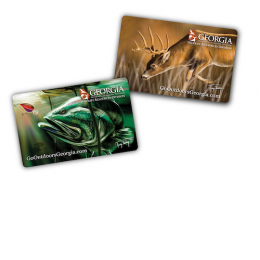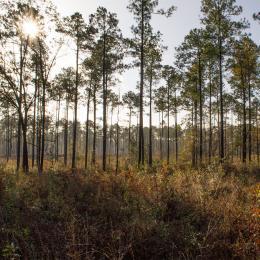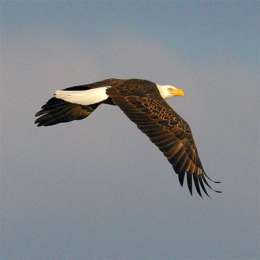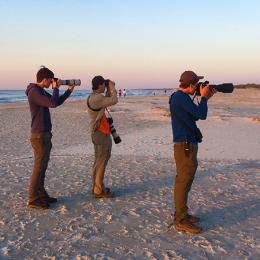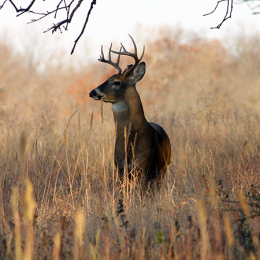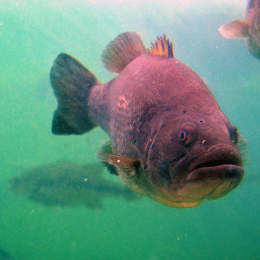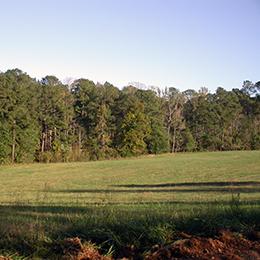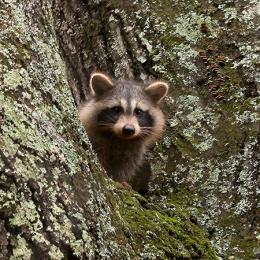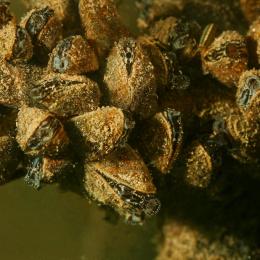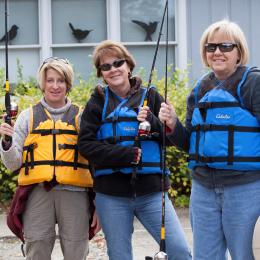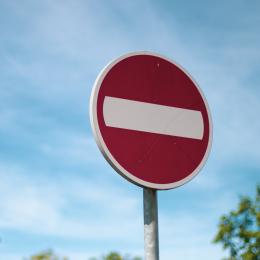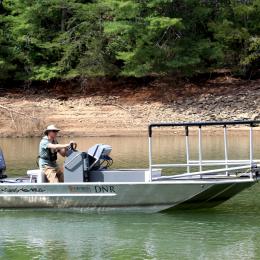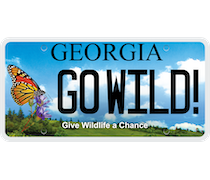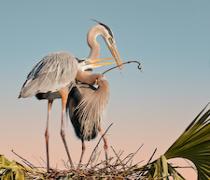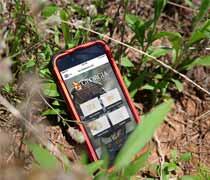The Canada goose can thrive in a variety of habitats. However, those habitats often include people-centric areas such as neighborhoods, office complexes, city parks and other developed areas. This can be frustrating for homeowners and property managers when geese begin to molt in the summer, according to the Georgia Department of Natural Resources’ Wildlife Resources Division (WRD).
“Late June through early July is when we can expect to see ‘flightless’ geese. They are unable to fly while they are in the process of molting,” says Kara Nitschke, WRD Migratory Gamebird Biologist. “Though they may be ‘hanging around’ the same area for a little while, they’ll be able to fly again within a couple of weeks.”
Do you have goose problems? Most times of the year, geese can be deterred with the use of harassment techniques. But, because geese cannot fly during the molt, these techniques may not work right now. Instead, property managers and homeowners are encouraged to be tolerant until the geese can regrow their flight feathers. Then, the geese will regain their ability to fly and will likely move on.
If property owners continue to experience issues with Canada geese post-molting season, here are a few tips to try:
- Harassment: First, try a variety of harassment techniques (also called hazing), including metallic streamers/tape, noise makers, or even trained herding dogs. These techniques may scare the geese away from your property.
- Chemical Repellents: Repellents can be sprayed on the grass in your yard to deter geese from feeding in treated areas. Most repellents require re-application after mowing or after rain.
- Physical Barriers: Barriers, such as wire or string 12-18 inches above the ground, or heavy vegetation (like cattails), along property lines or the shoreline can deter geese from using your property. This method requires consistency from the property owner and may not always be 100% effective.
- Special Permits to Remove Geese: In cases where the above techniques have been unsuccessful, homeowners who want to reduce or eliminate the goose population on their property can obtain a permit from their local WRD Game Management office (GeorgiaWildlife.com/about/contact). This permit allows for the legal and lethal removal of the animals. The removal can be done by the homeowner or by a licensed nuisance wildlife trapper (list found at GAdnrle.org/special-permits#nuisance).
It is important to remember that Canada geese are a protected species under state and federal law. It is illegal to hunt, kill, sell, purchase or possess Canada geese except according to Georgia's migratory bird regulations.
For more information, go to GeorgiaWildlife.com/preventing-wildlife-conflicts and then scroll down and click on “Canada Geese.”
###





